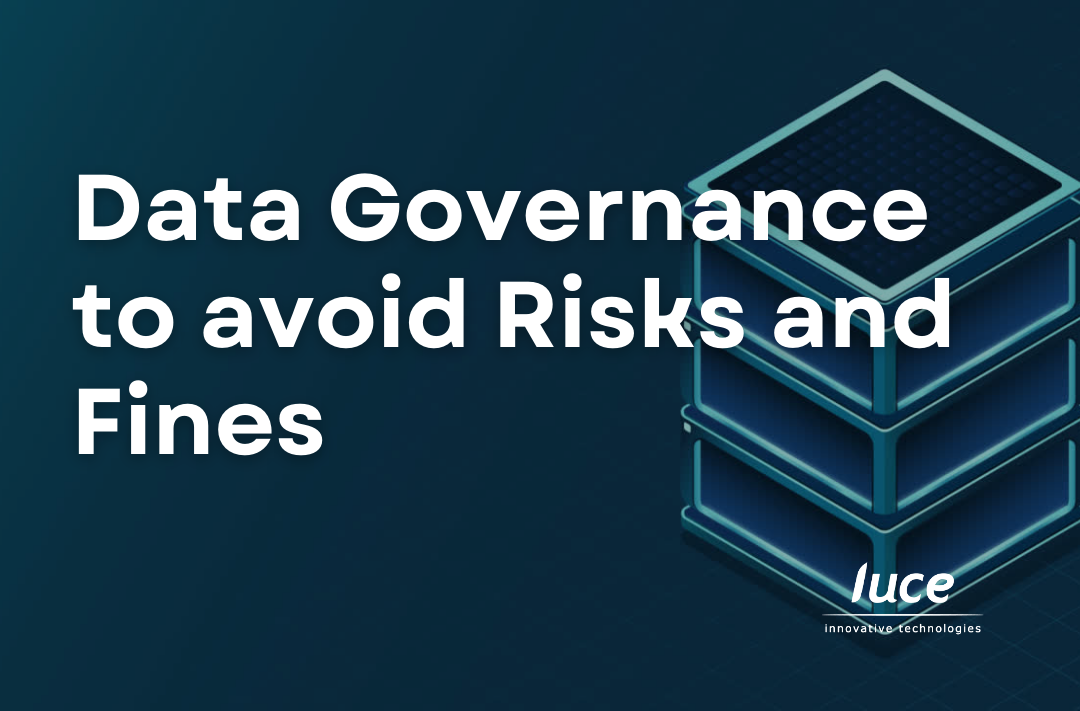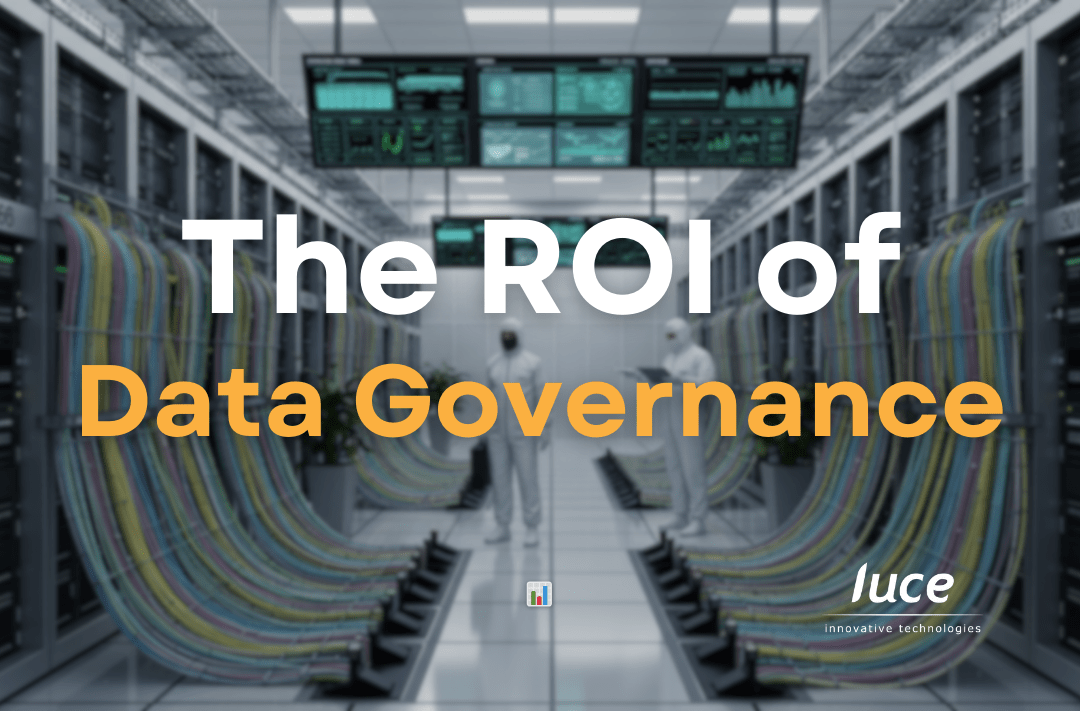
How the Data Government Minimises Risks and Fines
We live in a digital world where data drives almost everything we do. For businesses, data is a treasure trove that enables innovation, personalised services and better decision-making. But like any treasure, it needs to be protected. And not just from cyberattacks, but also from careless management that can lead to million-dollar fines and damage customer trust.
In Spain, with regulations such as the General Data Protection Regulation (GDPR) and the Organic Law on Data Protection (LOPD-GDD), managing personal information correctly is not an option, it is an obligation. This is where Data Governance comes into play. It is not just a technical term, it is the roadmap that guides your company to handle its data securely, ethically and, above all, legally.
Are you worried about how to get started? We’ll tell you.
The high price of ignoring the Data Protection Act
The GDPR changed the rules of the game across Europe. Its objective is clear: to give citizens control over their personal information. For businesses, this translates into a series of very serious responsibilities: from obtaining clear consent to use data to ensuring its security and allowing users to exercise their rights.
Ignoring these responsibilities comes at a price, and it is a very high one. Penalties for non-compliance can reach €20 million or 4% of the company’s global turnover. And don’t think these are empty threats. Giants like Amazon have faced fines of up to €746 million for failing to comply with privacy regulations. In Spain, the Spanish Data Protection Agency (AEPD) constantly imposes penalties on companies of all sizes. The risk is real and affects everyone.
6 Key Policies for Effective Data Governance
So, how can you navigate this regulatory maze without getting lost? The answer lies in establishing a solid framework for data governance. Think of it as your company’s internal rules for managing information from start to finish. It’s not about prohibiting, but about organising.
A good governance programme implements clear and practical policies that help you comply with the law and protect your business. Here are some of the most important ones:
- Data classification: Not all data is the same. The first step is to identify which information is sensitive (ID numbers, health data, etc.) and needs an extra level of protection.
- Role-based access control: Not everyone in your company needs to see all the information. Clear permissions are defined so that each employee only accesses the data necessary for their work. Simple, but incredibly effective.
- Traceability and quality: It is essential to know where the data comes from, how it has been transformed, and who has used it. This not only ensures that the information is reliable, but is also key to responding to audits and user requests.
- Masking and anonymisation: For testing or analysis environments, you don’t need to use real data. Techniques such as masking (hiding parts of the data) or anonymisation (removing any identifying traces) protect privacy without slowing down innovation.
- Consent management: You must keep a clear and accessible record of the consent given by users to use their data, ensuring that you can demonstrate this at any time.
- Mechanisms for user rights: Your company must be prepared to respond quickly when a customer requests access to their data, rectification, or to exercise their “right to be forgotten.” Good data governance defines the processes to make this simple and fast.
Beyond compliance: security and trust as pillars of your brand
Many people confuse data governance with cybersecurity. Although they are related, they are not the same thing. Cybersecurity protects your systems from external threats, while data governance organises and protects information from within. They are two sides of the same coin.
Good governance strengthens your cybersecurity in several ways:
- Ensure the quality of the data that feeds your security tools, making them more effective.
- Establish access controls that limit potential damage in the event of a security breach.
- Allows you to monitor misuse of information internally.
But the biggest benefit goes beyond technology. When you manage your customer data transparently and responsibly, you build trust. You show them that you care about their privacy, and that trust translates into loyalty and a solid reputation that sets you apart from the competition.
In short, investing in Data Governance is not an expense, it is a strategic investment. It protects you from fines, reinforces your security, and strengthens your relationship with your customers. It is the foundation for sustainable and secure growth in the digital age.
At Luce, we have already assisted leading organisations such as BBVA, Seur, Voldis (Mahou) and the Regional Government of Castile and León in implementing data platforms and governance frameworks that ensure quality, security and regulatory compliance. Our projects have achieved everything from reducing data quality errors by 70% to enabling scalable architectures that allow for faster and more reliable decision-making. Committing to data governance is not just about complying with regulations, it is about protecting your business, gaining efficiency and strengthening customer confidence. If you want to take the next step and build a solid data management strategy in your organisation, contact us and discover how we can help you transform your data into a real competitive advantage.
Luce IT, your trusted technology innovation company
The Luce story is one of challenge and non-conformity, always solving value challenges using technology and data to accelerate digital transformation in society through our clients.
We have a unique way of doing consulting and projects within a collegial environment creating “Flow” between learning, innovation and proactive project execution.
At Luce we will be the best by offering multidisciplinary technological knowledge, through our chapters , generating value in each iteration with our clients, delivering quality and offering capacity and scalability so they can grow with us.
>> The voice of our customers – Rated 9 in 2024
>> Master Plan 2025: Winning the game



